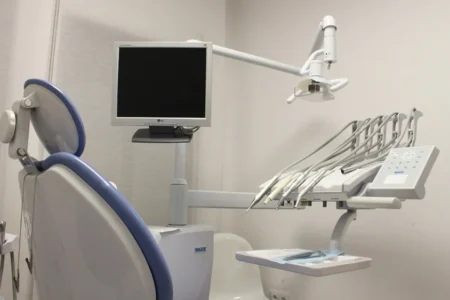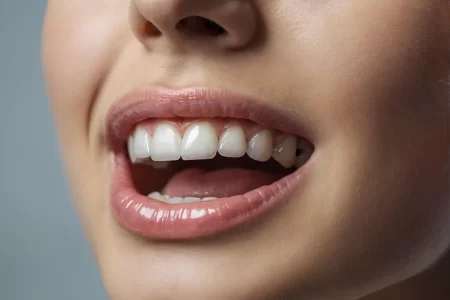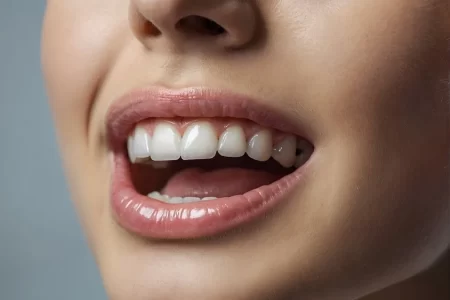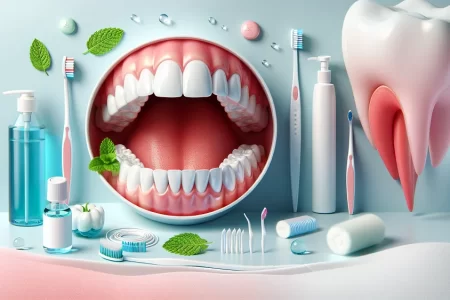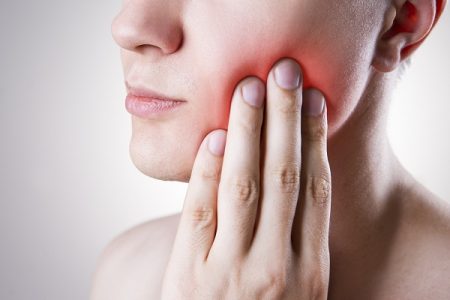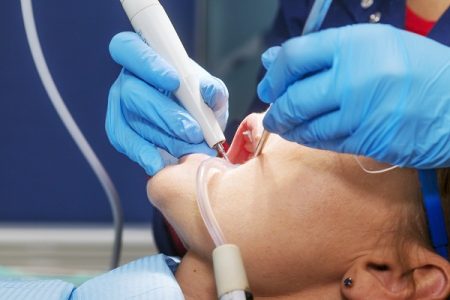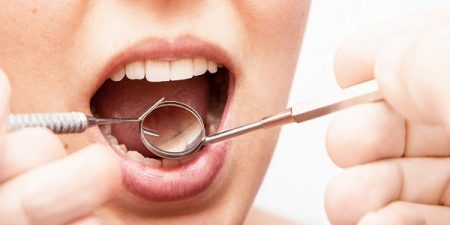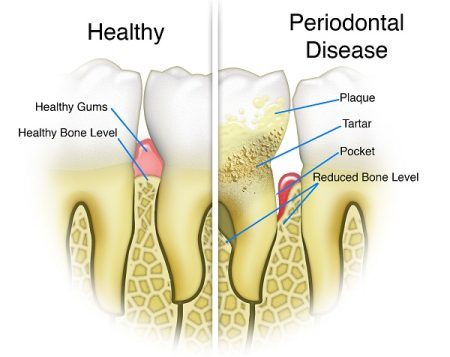Browsing: Periodontal Disease
Comprehensive Information, Resources, and Support on Periodontal Disease
Orthodontic Tips for Busy Families in Denham Springs: Making Braces Work with Your Schedule
Balancing work, school, and activities can make it difficult for families in Denham Springs to keep up with orthodontic care.…
Tartar buildup is a common dental concern that can lead to serious oral health issues if these are left untreated.…
Oral health plays a big role in overall well-being. Healthy teeth and gums help with eating, speaking, and confidence. When…
Achieving Aesthetic Excellence and Functionality With Full-Mouth Dental Solutions
Key Takeaways Full-mouth dental solutions combine aesthetic appeal with functional improvement for comprehensive oral health. Various procedures, such as implants…
Understanding Gum Disease: What You Need to Know For Better Oral Health
Gum disease is something that’s talked about often, but not always clearly understood. It’s like that one road everyone seems…
What is Halitosis (Bad Breath)?
Dry mouth can cause bad breath. Saliva is necessary to keep your mouth moist, neutralize the acids produced by plaque, and wash the dead cells away from your tongue, gums, and cheeks. If these bacteria are not removed due to insufficient saliva, these cells decompose and cause bad breath.
Periodontal disease is a pathological condition that leads to teeth loss and bleeding gums in many people worldwide. It is the most common form of gum disease and can be prevented easily by taking care of your teeth and gums. Periodontal disease is further categorized as gingivitis and periodontitis.
How Is Gum Disease Treated?
One way to treat gum disease is to keep good oral hygiene. But sometimes, you may need dental and medical treatments as necessary. In some cases, root planing may be needed. This involves deep cleaning under your gums to get rid of the bacteria in your teeth. You may first be given local anaesthetic.
How Is Gum Disease Diagnosed?
In order to diagnose whether you have gum disease and how severe it is, your dentist may examine your mouth and look for plaque builup. He will also examine for any bleeding in the gums. He might ask you for dental X-rays to check for bone loss in areas with deeper pockets.
What Is Periodontal Disease (Gum Disease)?
Periodontal disease (or gum disease) is an inflammatory condition of the gum and bone that provides support to the teeth and tissues surrounding the teeth. The two most common periodontal diseases are Gingivitis and Periodontitis. The cause of the disease is poor oral hygiene. Often, untreated gum disease can lead to tooth loss.




